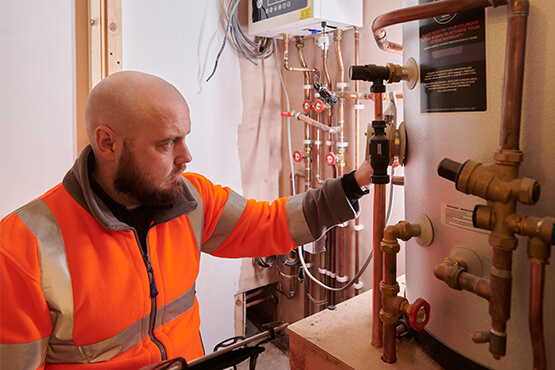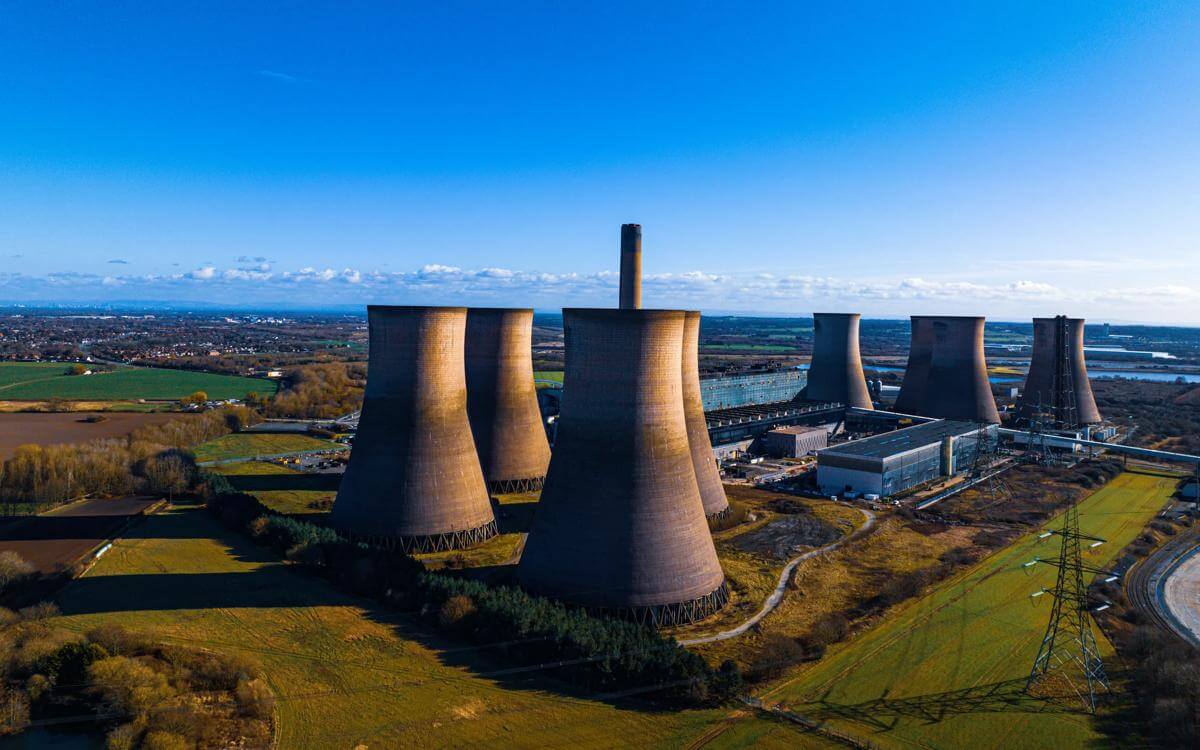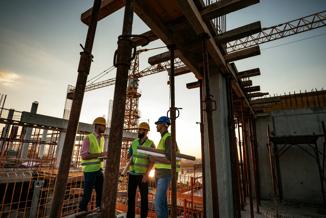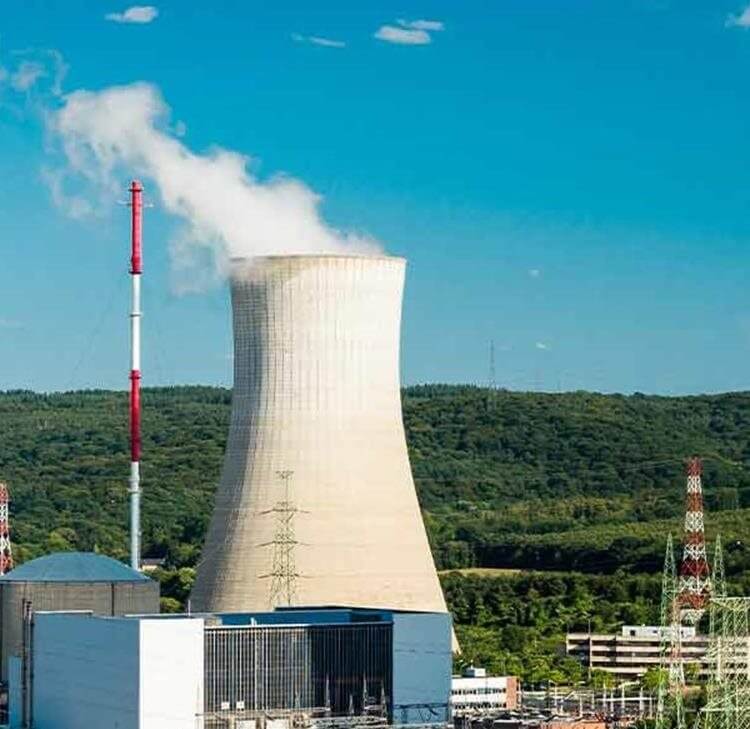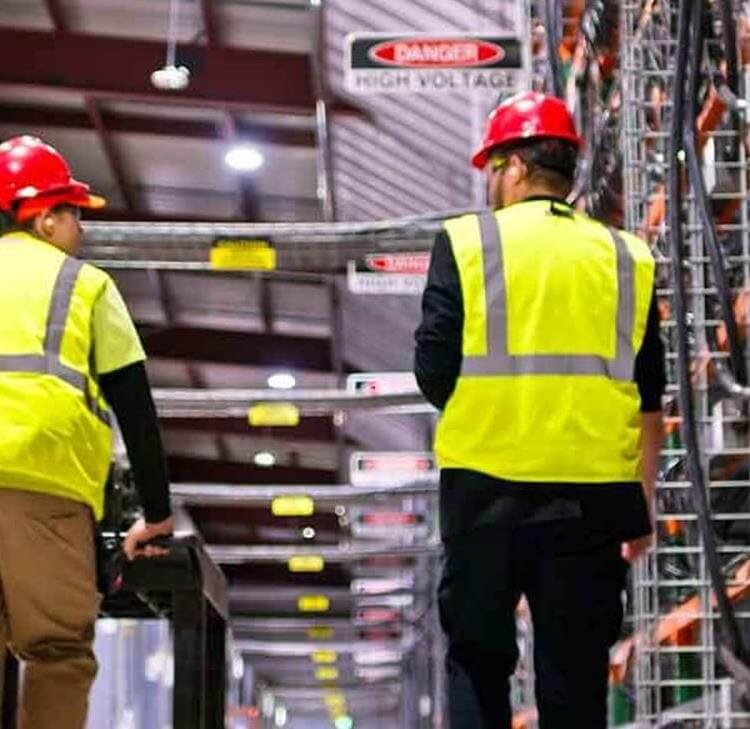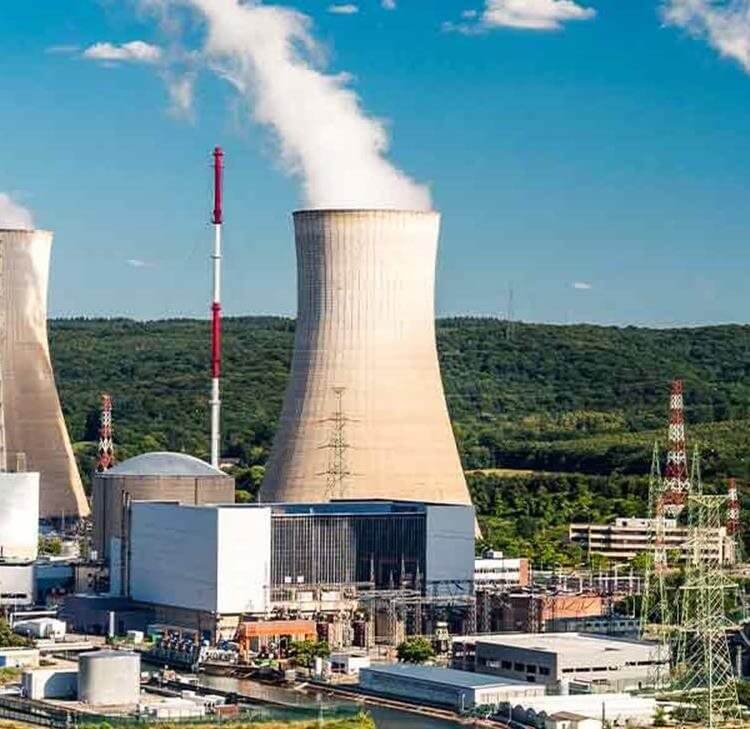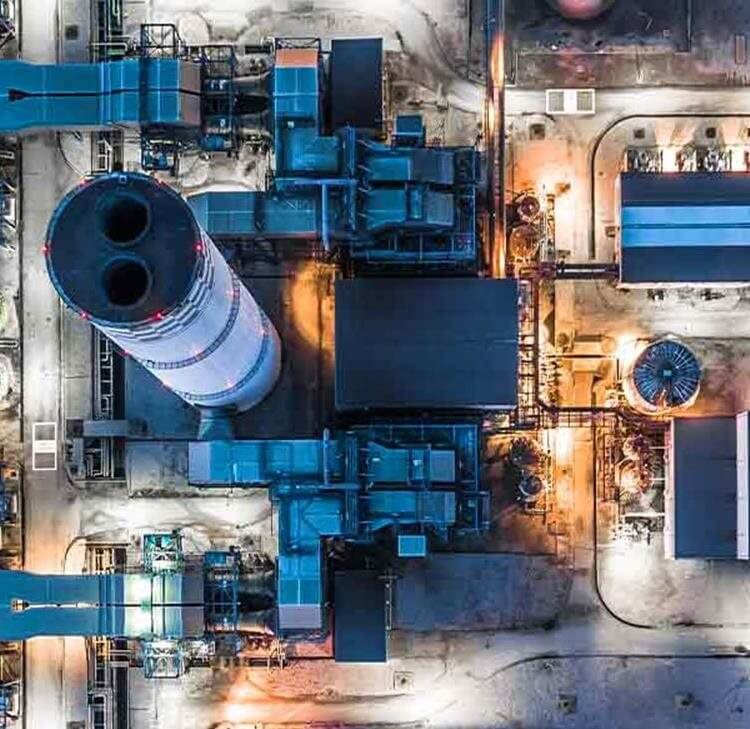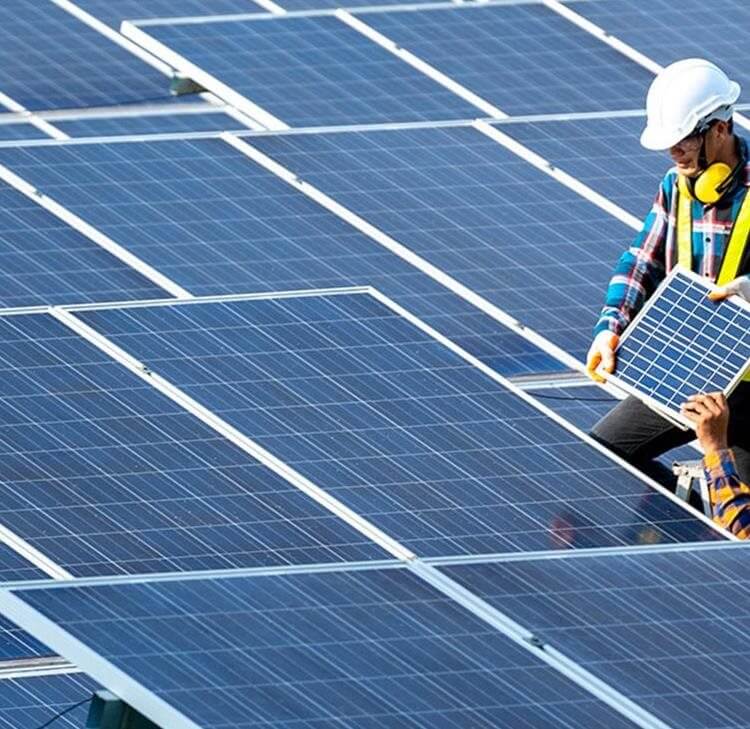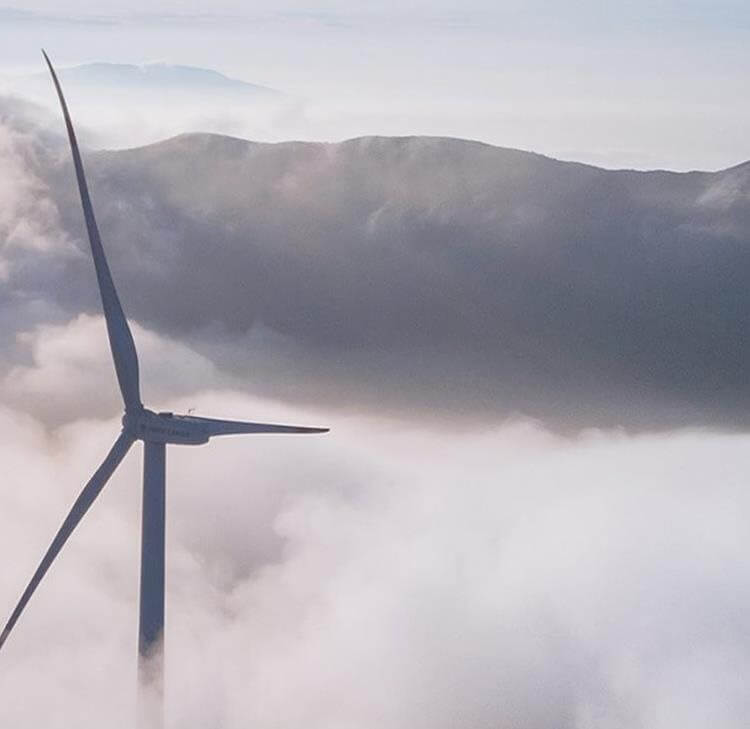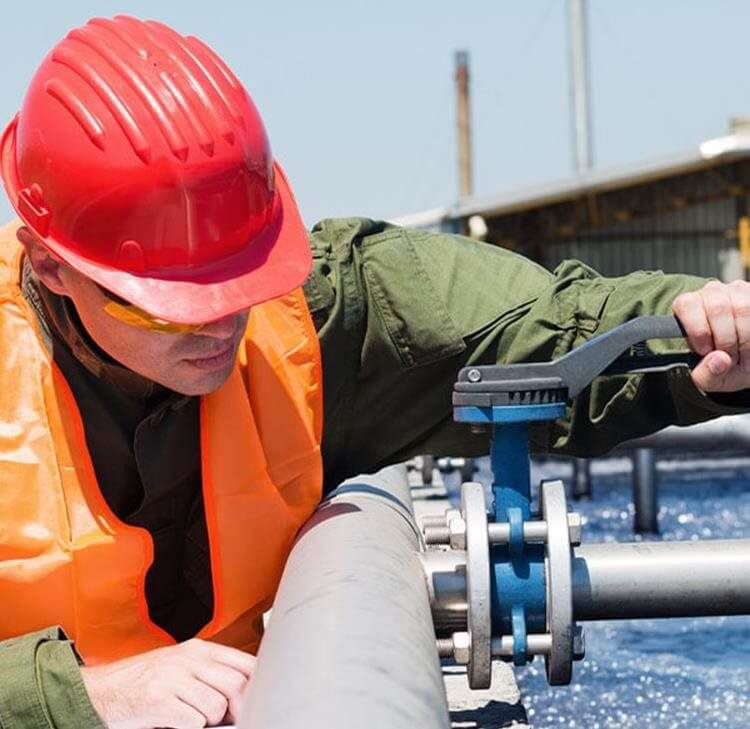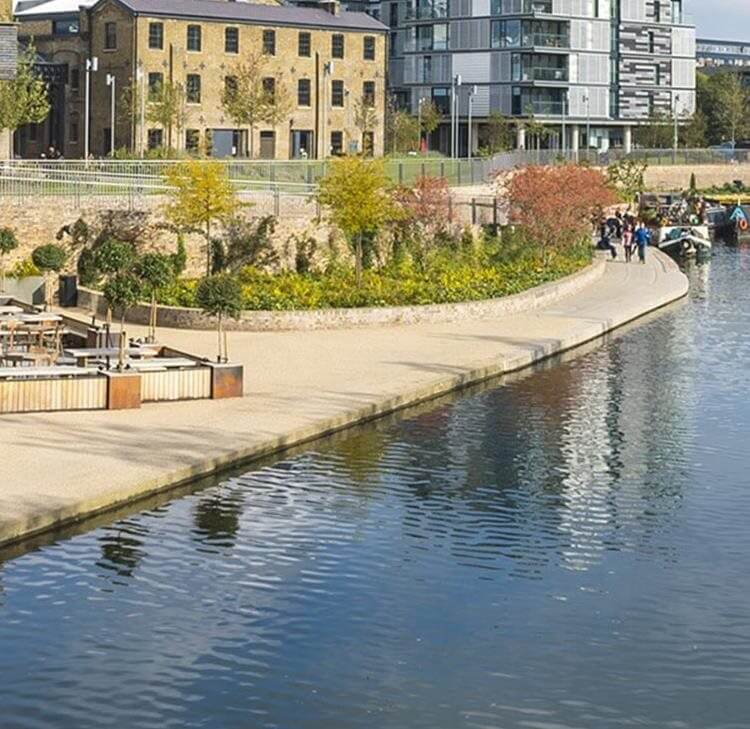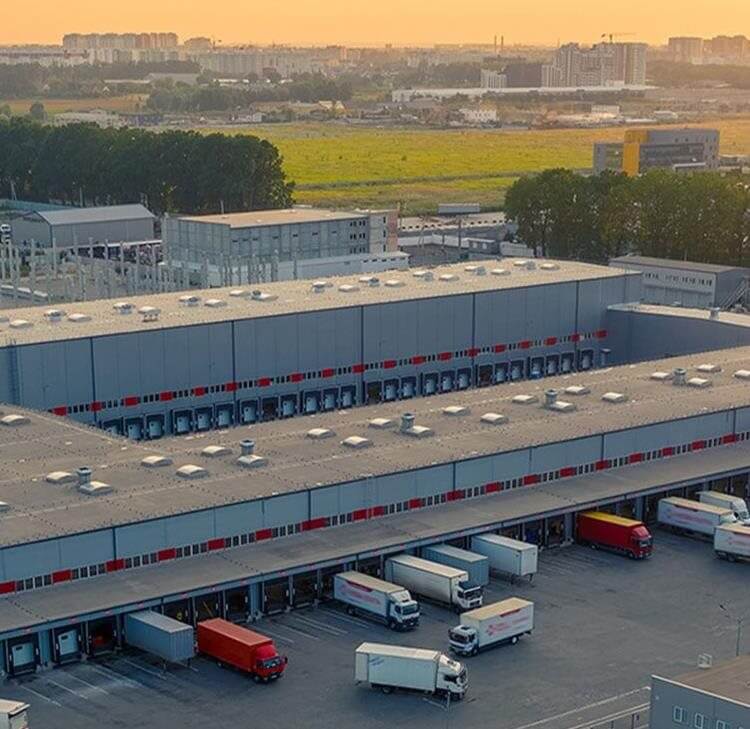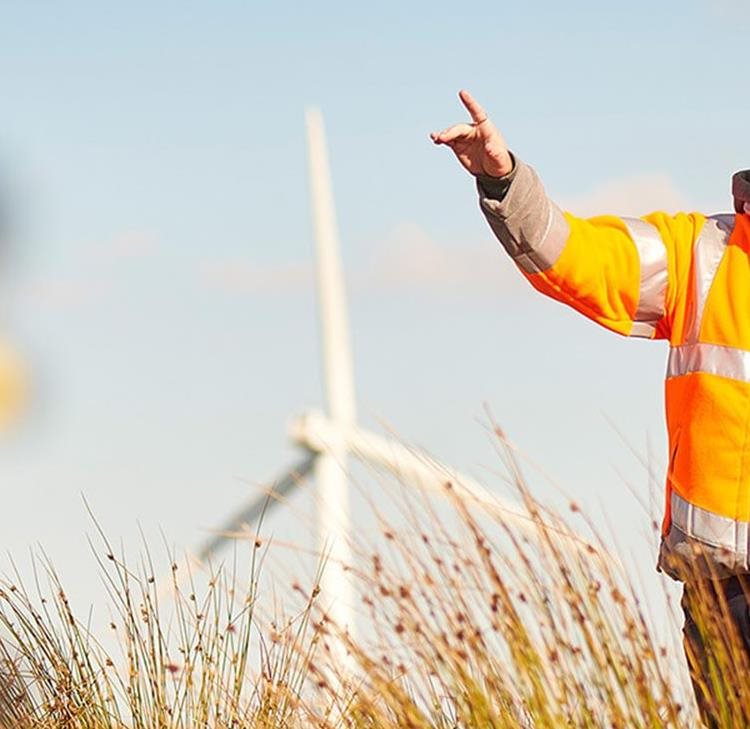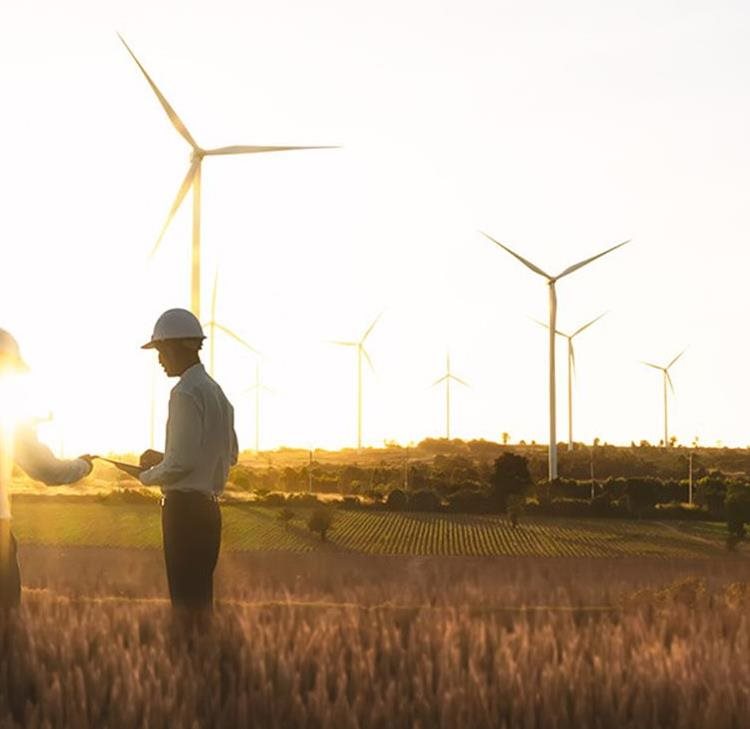380+ C-suite leaders from £100m+ businesses across the manufacturing, real estate and construction, retail and supply chain, technology, and energy and infrastructure sectors share their optimistic outlook for M&A inward investment deals in the coming year.
The world of energy and infrastructure is a rapidly evolving one, facing challenges such as the entry trilemma (affordability, security and sustainability), global decarbonisation efforts and geopolitical tensions.
The war in Ukraine and escalating complexities in the Middle East have prompted much public debate about the focus on energy security. This coupled with the introduction of sweeping tariffs by the US and the risk of retaliatory measures reintroduced volatility into global trade in the weeks since our survey. However, there are hopes that the newly agreed trade deal between the UK and US will help to return some stability for the latter half of 2025.
The long-term stability and nature of energy and infrastructure assets make them attractive investment opportunities, even amid global economic uncertainty. For instance, the UK's ambitious infrastructure projects, like the Eastern Green Links, aim to deliver 4 GW of renewable energy from Scottish wind farms to England, reflecting a strong commitment to bolstering energy security and infrastructure resilience.
Market outlook and expectations
In spring 2025, we asked executives in the sector how they expected inbound M&A activity to develop in the coming year, particularly in relation to data centre construction. In general, energy and infrastructure respondents were less optimistic than those from other sectors - only 22% expected an increase in M&A activity in this sector. 32% of respondents expected the volume of inward M&A deals to decrease in 2025, with a steady 36% that expected an increase.
Indeed, views from this sector were polarised with a degree of caution. This may come as a surprise, given the importance of investment into UK infrastructure, the renewed political focus, drive and (importantly) clarity towards renewable energy generation, technological advancement demanding increased digital infrastructure and the influence of the energy transition generally and the availability of finance for investable projects. It likely points to industry-specific challenges such as regulatory pressures, developments and reforms, high capital costs, and market uncertainty as to timescales for deliverability dampening deal flow.
If the evidence suggests there is still a degree of caution amongst private investors, it may be more public-private partnerships are needed to boost confidence to achieve the UK government's goals. In Europe, energy and infrastructure deals helped drive an increase in median deal size in 2024, with investors backing wind, solar, and electric vehicle (EV) charging assets alongside traditional infrastructure. Private equity (PE) funds have funnelled money into renewable energy platforms, grids, and utilities and UK infrastructure remains attractive to institutional money.
Investment drivers and priorities
Technological innovation is likely to play a pivotal role in driving investment, cited by a large proportion of respondents (32%) as an important strategy to drive inward investment - with significant investments expected in AI-driven efficiency improvements, smart grid systems and digital infrastructure generally. Investment in the sector will also be driven by the growing need for data centre construction and renewable energy projects, reflecting the urgency to enhance energy security and infrastructure resilience.
In terms of private investment, 50% saw the role of PE in inward investments increasing over the next 12 months and 28% believed it would remain stable. It's worth noting capital-intensive projects are often well-suited to alternative investment structures, such as joint ventures, infrastructure funds, or government-backed incentives whether grants, subsidies, or other schemes. Recent deals highlight this trend, such as KKR's acquisition of a stake in Northumbrian Water and ongoing discussions involving Thames Water's restructuring, both signalling a growing focus on critical infrastructure. Additionally, BlackRock's $23 billion acquisition of port assets along the Panama Canal reflects a broader strategy to invest in infrastructure globally.
Geographic focus and investment strategies
Geographically, the sector was split in their views on expected investment across the UK/ROI, with a small majority (32%) stating they had no plans to invest. This was followed by 30% considering Republic of Ireland for investment, 20% considering London and 18% considering the UK outside of London.
This decentralisation reflects a broader strategy to spread infrastructure development more evenly across the UK and Ireland. Interestingly, investing in diversity, equity and inclusion (DEI) stood out as the leading consideration alongside diversification for this sector with 38% of respondents stating they were employing DEI strategies and diversifying their offering to attract inward investment.
In Ireland, infrastructure projects, particularly in renewable energy and data centre construction, are also gaining traction, reflecting both the country's strategic focus on becoming a tech and sustainability hub and the EU's ongoing commitment to energy security and green transitions.
Expert commentary
Paul Hill, partner and Head of Energy and Infrastructure at Browne Jacobson, comments:
"While short-term caution remains, the fundamentals are and will continue to be strong and with the political focus and clarity the landscape for investment in the E&I sector looks positive. Private equity is increasingly active and interest in inward investment from overseas investors is increasing adding an additional source of capital to the already mature and continued appetite of institutional investors meaning there is capital available to facilitate transactions in this sector. We're seeing a sharp focus on renewables, smart infrastructure, and digital innovation.
"Since the Ukraine war, the limits of international energy sourcing have been laid bare, and with recent tariffs and trade fragmentation, more countries are reassessing how much of their energy and infrastructure needs can realistically be met domestically. The UK is no exception.
"As a result, Investors are likely to prioritise assets that not only support decarbonisation but also reduce external dependencies. This could be through localised grids, EV charging networks, or data centre infrastructure, for example. Technological innovation also comes through as a driver shaping investment strategies. With 32% of respondents citing AI-driven efficiency technologies and smart infrastructure as priorities, we are seeing growing investor appetite for assets that enable digital and energy transitions simultaneously. This is particularly evident in the boom in data centre development, EV charging networks and smart grid enhancements.
"Investors who can navigate regulatory challenges, deploy flexible capital structures, and back innovative, sustainable assets will be best placed to capture future growth. Those able to structure deals flexibly and align with government-led resilience goals will be well positioned to unlock value in this evolving landscape."
Contents
- Investing in the UK and Ireland
- Inward investment in the UK and Ireland in 2025: Sector focus
- 1. Manufacturing and industrials: Steady optimism for food and drink M&A in 2025
- 2. Real estate and construction: Cautious optimism for M&A in 2025
- 3. Retail and supply chain: Fashion and beauty retailers eye technology to drive M&A in 2025
- 4. Technology: Complex geopolitical landscape not hampering M&A confidence in 2025
- Conclusion: Inward investment in the UK and Ireland: Sector focus in 2025
Expert commentary

Paul Hill
Partner
Paul is a Banking and Finance Partner and Head of Energy and Infrastructure at Browne Jacobson. He specialises in all aspects of general corporate lending, infrastructure finance, acquisition finance, project finance, litigation finance and restructuring spanning across bilateral, syndicated and debt platform structures.
paul.hill@brownejacobson.com
+44 (0)330 045 2775

Gavin Cummings
Partner
gavin.cummings@brownejacobson.com
+44 (0)115 976 6157






